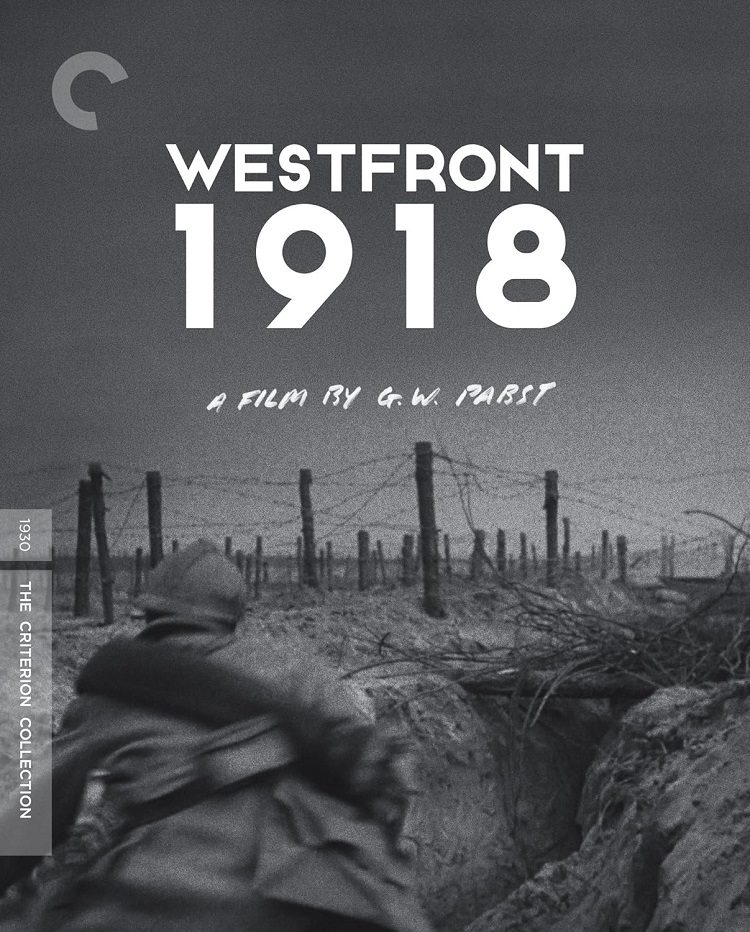
When depicting war, no other medium can do it as mercilessly as film. War movies can be as dire and depressing as real-life war, especially when showing the emotional and physical toll that can inflict on soldiers. There are those as savage as Kubrick’s Full Metal Jacket, Oliver Stone’s Platoon, and Elem Klimov’s very disturbing Come and See. Then there are those as highly emotional as Terrence Malick’s The Thin Red Line and Spielberg’s Saving Private Ryan. However, director G.W. Pabst’s 1930 early sound film, Westfront 1918, is a mixture of both.
The film centers on four infantrymen: Karl (Gustav Diesel), Student (H.J.Moebis), Bavarian (Fritz Kampers), and Lieutenant (Claus Clausen) stationed in France in the final months World War I. It’s told from each of their viewpoints, and struggles to make sense of the war and what they’re fighting for. With troubling precision, the film shows the men facing firefights, shelling, and the eventual disillusionment of returning to normality once they go home. Unfortunately, fate intervenes and all four men die throughout the course of the film. The final title card says ‘FIN?’, which suggests that there is no end to all the suffering and pain men face when they’re out there in the trenches. A very bleak resolution indeed.
There are some similarities to this and All Quiet on the Western Front (also 1930), such as the way they both depict the hellish events of war, the fear of never making it home, and camaraderie in the face of death. However, Westfront is not as mainstream or well-known as All Quiet, and lacks a conventional plot. There’s also the omission of any established actors, which may not attract most viewers looking for familiar faces. But overlooking these obvious flaws, and you have a sobering antiwar film that really does define the “War is Hell” logic eerily well.
Criterion’s supplements include:
- Hour-long French television broadcast of World War I veterans reacting to the film in 1969
- Interview from 2016 with film scholar Jan-Christopher Horak, as he discusses the importance of the film to Pabst’s career
- New restoration demonstration featuring Martin Koerber and Julia Wallmuller of the Deutsche Kinemathek
- Brief audio interview from 1988 with the film’s editor Jean Oser
- There is also a neat little essay by esteemed author and critic Luc Sante.
Despite its very few setbacks, Westfront 1918 deserves to join the ranks of great war films that unglamorously show war the way that it is, with unflinching warts and all. It is also a significant chapter of one of the great filmmakers of early World Cinema.